Top Benefits of Using LC Filters for Power and Signal Applications
Understanding LC Filters LC filters, fundamental components in electrical engineering, utilize inductors (L) and capacitors (C) to manage frequencies in power and signal applications. The operation of these filters relies on the unique properties of inductors and capacitors. Inductors resist changes in current, whereas capacitors resist changes in voltage. By combining these components in various …
Top Benefits of Using LC Filters for Power and Signal Applications Read More »
